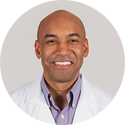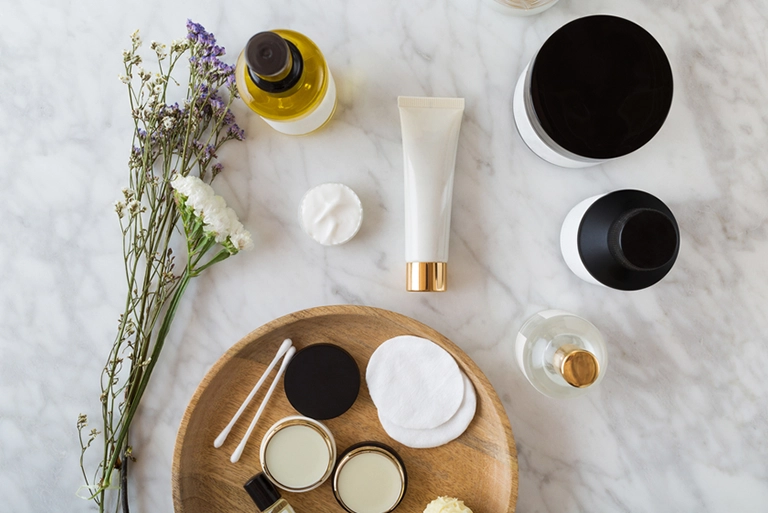We can consult and provide the care you need for many issues you may face, including adult acne.
What is adult acne?
Typically people associate acne with the teenage years, where hormonal changes affect the skin’s oil glands. However, acne can still occur and affect many adults. Adult acne is a skin condition where your hair follicles are inflamed and become blocked with oil and dead skin cells. The lesions formed by these inflamed follicles are usually called pustules or pimples. Some of the reasons for adult acne could be from hormone changes from pregnancy and birth control medications , diet, and the skincare products you are using.
What are some of the symptoms of acne?
The symptoms of adult acne can range. Some acne could be in the form of whiteheads and blackheads, which are clogged pores, or red bumps and larger pus-filled pustules. Sometimes, adult acne could also be large, solid, painful lumps that happen beneath the surface of the skin. These lesions are typically not painful, but can become tender if they get infected.
How does a doctor diagnose acne?
The first step in diagnosing acne is to take a look at the type of acne that you are dealing with. Once we examine your skin, we will work with you to rule out potential factors that may be causing your acne. We will likely recommend the least invasive treatment and to rule out other factors like cosmetics and diet slowly.
What is the treatment for acne?
Remember what we said about pimples being infected or inflamed? That means as tempting as it might get to rupture or “pop” the pimple or pustule, you should think twice. You could be spreading that infection and bacteria to other areas of the skin.
The following may take slightly more time and patience to resolve your pimples, but will cause less skin damage or permanent scarring than rupturing the pustules. Your doctor may recommend potential changes to your diet to rule out potential causes. For some people, consuming a lot of fats, sweets, and carbohydrates may increase the fat and oil in your system, which causes your skin to create additional oil that may be clogging your pores.
Other recommendations will be to recommend a good skin care regimen and advice on selecting products. Finally, other treatment options could include medicine in the form of topical creams that you put on your face like retinoids or medication you take orally, like antibiotics.
About Doctor On Demand
If you’ve never had a doctor’s visit over video, you may be wondering how it works and whether it is possible to diagnose and address your health concerns.
At Doctor On Demand, we have established our own peer-reviewed, evidence-based video medicine guidelines. A visit with one of our physicians is similar to the face-to-face visit that you may be used to in a physical office.
About the author

Ian Tong, M.D., serves as Chief Medical Officer at Doctor On Demand and is also a Clinical Assistant Professor (affiliated) at Stanford University Medical School and has staff privileges at the VA Palo Alto Health Care System. Before Doctor On Demand, Ian held multiple medical leadership roles including former Stanford Internal Medicine Chief Resident, and Founder and Medical Director of THRIVE (The Health Resource Initiative for Veterans Everywhere). Ian earned a medical degree from The University of Chicago-Pritzker. He is board-certified in Internal Medicine and completed both his residency and Chief residency at Stanford Hospital and Clinics.



